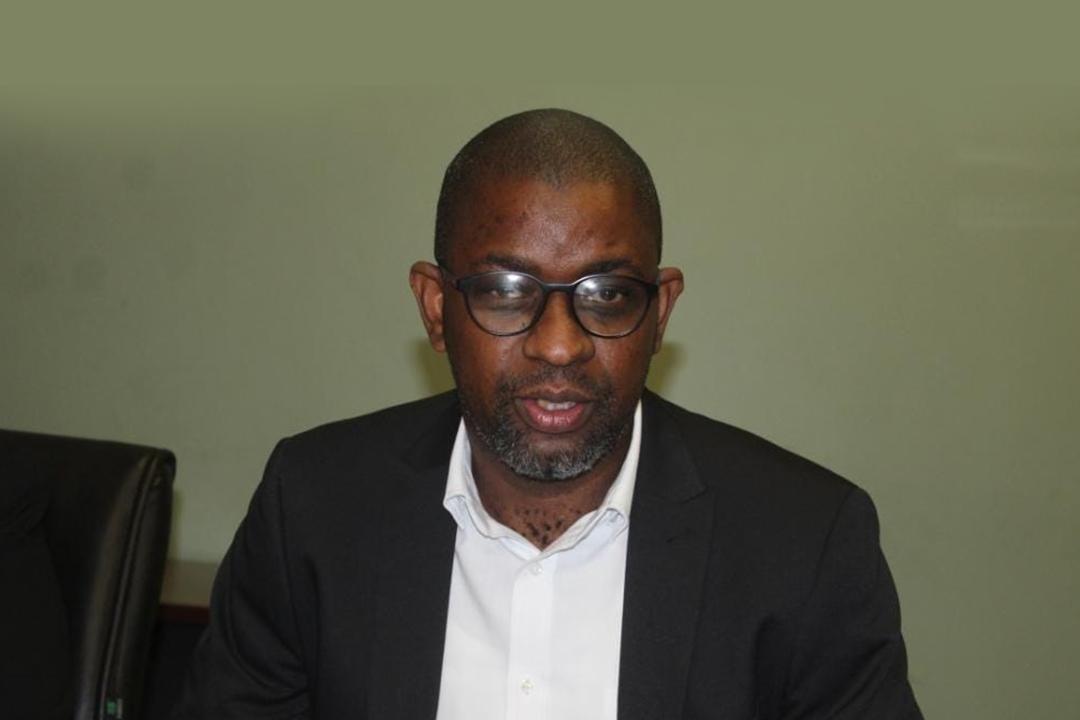Africa-Press – Eswatini. The Conciliation, Mediation and Arbitration Commission has told Parliament that its E20 million budget is insufficient to meet the country’s growing labour dispute resolution demands.
This was revealed during an induction session held at The George Hotel in Manzini, where CMAC presented its mandate, financial outlook, and strategic plan to Members of Parliament and Senators serving in the Ministry of Labour and Social Security’s portfolio committees.
The session followed a tour of CMAC’s Manzini Regional Office.
CMAC Chairperson Mzwandile Dlamini did not hold back as he painted a picture of the commission’s challenges. He said delays in resolving disputes, some stretching beyond four years, continued to frustrate justice for workers.
“We still have cases that get judgment but remain unenforced. This undermines the very core of social justice,” said Dlamini.
He urged legislators to support legal reforms and resource mobilization, adding that social justice could not be postponed.
“We are trying, but with limited tools. The legislation also needs to be revisited,” he said, warning against arrogance among clients and backlogs in the courts.
Minister of Labour and Social Security Phila Buthelezi echoed similar sentiments, noting that the ministry had increased CMAC’s budget from E14 million to just over E20 million during his tenure. However, he admitted the funds were still inadequate.
“CMAC is carrying too much with too little. Parliament must support its strategic plan if we are to address the labour challenges effectively,” said Buthelezi.
CMAC Executive Director Lomkhosi Magagula said they were rebranding the institution and working closely with the Industrial Court to reduce case backlogs.
“We want to resolve disputes at the workplace level before they escalate. Stakeholder engagement is a key part of this new direction,” she said.
Chief Financial Officer Thembinkosi Dlamini laid out the numbers.
“Government funds 96 percent of our operations through subvention. Our target is full funding. We only raise about 3 percent through public training and seminars. Last year we raised just E250 000 this way,” he said.
Dlamini explained that 69 percent of CMAC’s funding goes to salaries and office rent.
“Over the past five years, our funding gap has slightly improved, from 40 percent to 20 percent, but we are still far from being able to meet targets. Human capital remains a challenge because we lose skilled people due to budget constraints,” he said.
CMAC Senior Commissioner Legal Ncamiso Manana gave a detailed presentation on the impact of the Industrial Relations Bill and the legal framework guiding conciliation efforts. He stressed the importance of legislative alignment in strengthening the commission’s work.
Senator Linda Nxumalo encouraged CMAC to be innovative in its fundraising.
“Government alone cannot carry the whole burden. CMAC must think outside the box. I’m happy you are reaching communities and raising awareness,” she said.
The Minister concluded by encouraging CMAC to remain focused on its mandate despite the financial constraints.
He also welcomed the opening of a new office in Siphofaneni, saying it would ease access to justice for rural workers who previously had to travel to Manzini or Siteki for assistance.
CMAC says the journey continues, but with stronger partnerships and better funding, faster, fairer justice for workers is within reach.
For More News And Analysis About Eswatini Follow Africa-Press







